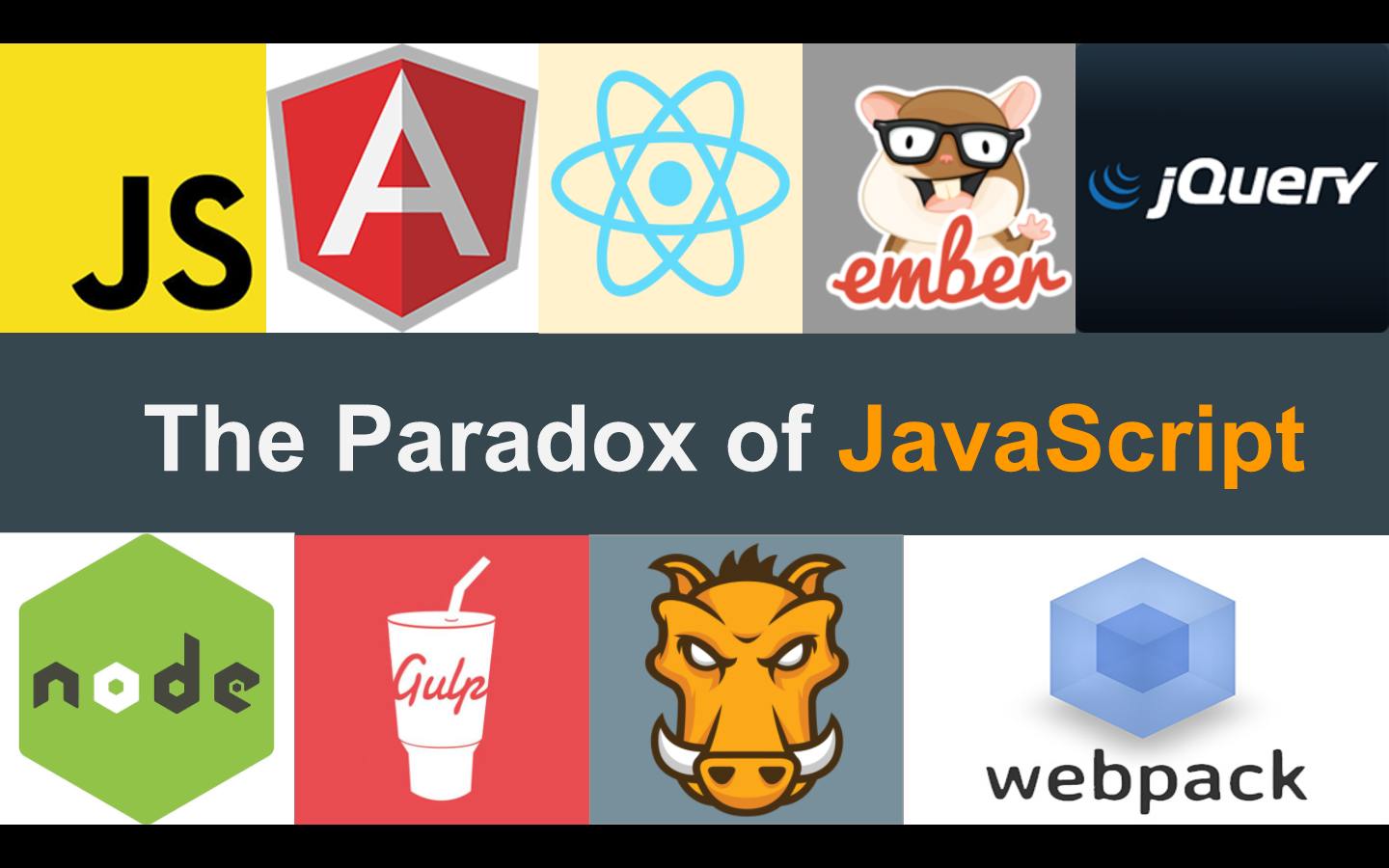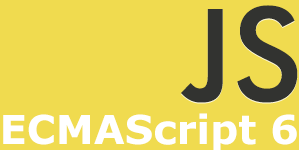 Are you getting an ECMA-Headache?
Are you getting an ECMA-Headache?
In the book: The Paradox of Choice: Why More Is Less, author Barry Schwartz argues that too many choices can dilute satisfaction. While this title spends much of its time in the context of consumer products, a similar argument can be made about the world of JavaScript. There is so much going on in the wild wild west that is JS, but is that really a good thing?
In short, I’d say yes, it is a good thing. Even though it can be difficult to navigate the maze of libraries and frameworks, the explosion of activity breeds a world of innovation and creativity. But there is no doubt a cost; Where to begin? How to keep up? There is a lot of noise associated with the world of JavaScript. I actually feel that most of it is good noise, but it can be overwhelming.
I recently participated in an Aquent Gymnasium webinar titled: keeping up with javascript is a full-time job, and I thought the title was brilliant. Not only are beginners feeling JavaScript anxiety, but experienced developers as well. I’ve heard many people ask the same questions: “Should I learn Angular or React”? – “If few ES-2015 features are currently supported, should I still learn them?” – “Grunt , Gulp or Webpack?” and so on.
ES6 vs ES-2015 vs ES-2016 vs ES-WTF
And speaking of ECMAScript, what is up with the naming-scheme? ES6 is AKA ES-2015, and ES7 is AKA 2016? Ok, that’s easy to remember. But what to learn? What the hell is a JavaScript symbol? And, what significance does it play in the million-and-fifty-fifth JavaScript slideshow I will have to make in my next Agile Sprint? Is this just like all that cruddy math that we had to learn in 8th grade, knowing perfectly well that we’d never ever need it in adult life?
Sigh.
So many libraries, so little time
This is where the paradox may lie. We have so many JavaScript toys to play with, but who has time to keep up with all of them? First, you have to be aware of changes in the JavaScript jungle. For example, Angular 4 is out, but there is no Angular3. Okie dokie. Next you have to understand the role of each library or framework. And then at some point, you want to learn how to use it, right?
Sometimes it is really tough to know where to invest your time. I’ve been hearing more and more about Aurelia and Vue.js. Both have enjoyed positive reviews and are gaining traction. But are they really going to take off line Angular? Am I really going to benefit in my next job interview by learning either one of these libraries or any of the other up-and-coming JavaScript libraries/frameworks ?
My answer: Bet on JavaScript every time

I’m not sure it is necessary to learn every single JavaScript framework or library that falls from the tree. We all have lives to live and there are only 24 hours in each day.
Something interesting about all of this craziness is that there is one common thread throughout: JavaScript. JavaScript is the language used in all of these libraries/frameworks/build tools. So, you simply cannot lose by making JavaScript your top priority. If you have a free hour, spend 45 minutes studying JavaScript, and 15-minutes learning a new library. As long as your JavaScript skills continue to improve, you will always have the tools you need to learn any new library/framework/build tool. Not only that, but you will get better at picking them up. In addition, you will start to see the similarities between them and common patterns in the source code.
In short: you simply cannot lose by concentrating on JavaScript.
ECMA-Everything
Not only is it important to focus on JavaScript, but it is also key to learn the new features of the specification. Most browsers do not support these features, but they will soon, so best to get ahead of the eight-ball. ES-6 and ES-7 features are powerful and when supported, will take much of the pain out of creating sophisticated client-side web applications. More important than Angular, more important than React, learn the newest features of JavaScript. And, Babel is your friend; it allows you to use features that browsers do not yet support. Also, the combination of Typescript/Webpack is another solid solution.
Planning is key

I can only speak to what has worked for me, and that is: always trying to decide where my time is best spent. For example, one of the biggest arguments in the JavaScript world is: “should I learn Angular or React?” Well, I’d say: learn both!
You don’t have to master each one, but learn enough to understand the differences between them as well as their strengths / weaknesses. Since, I happen to spend 90% of my professional day working with Angular2, I am a fan. But, I was worried that I was falling behind on my knowledge of React, so I spent my last Christmas holiday building an application with React. Now, I am far from a React guru, but in building a simple CRUD application that I actually use each day, I was able to gain an understanding of how it works, how it differs from Angular, and what its strengths are.
I’ve tried to take this approach with every other segment of the JavaScript ecosystem: NPM vs Yarn, Gulp vs Grunt vs Webpack, Typescript vs Vanilla JavaScript, and so on. In each case I ask myself: “What is the most important thing I need to know about this library/framework/build-tool ?” and then my goal is to be able to speak intelligently about it. Sometimes it takes a Saturday afternoon, sometimes it takes a month. Sometimes it turns out that I wind up using that particular tool heavily in my daily work. But I try to at least understand what it does, how it differs from its competitor and what it brings to the table.
Summary
In my opinion, there will always be a couple of JavaScript libraries or frameworks that you work with on a daily basis, a few that you used to work with, and then a zillion that you have heard of but have not had time to learn yet. They key from my perspective, is to accept this reality; you can’t have an expert-level knowledge of everything. But you can keep your finger on the pulse of what’s going on out there, and do your best to have a good understanding of the more popular tools and the role the play.
